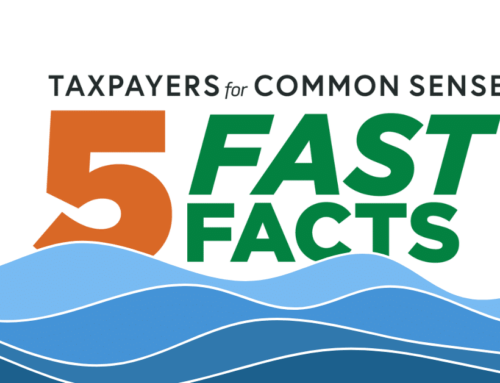With the March 31, 2012 expiration of nation’s surface transportation legislation steadily approaching, House leaders informed Transportation & Infrastructure Committee Chairman John Mica (R-FL) yesterday that any action on a new transportation bill would be pushed off until January at the earliest.
We have eagerly awaited the text of the House’s transportation reauthorization proposals; only two weeks ago House Speaker John Boehner outlined a highly-touted but largely unrealistic plan to help fund the new bill with royalties from increased energy development. With an entire host of other legislative issues that Congress has to take up before the holiday recess, it appears that submitting even a draft of this “drilling for transportation dollars” legislation before January is unlikely since it would subject the new legislation to the same scrutiny that scuttled the last reauthorization proposal. Considering Congress doesn’t come back until shortly before the President’s State of the Union address in late January and is only in session a few days more, February is the probably the earliest the bill would see the floor.
This is no way to run the nation's surface transportation program.
With the House's bill yet again bumping up against the expiration, it appears the nation is on course to witness yet another band-aid extension of the last reauthorization. Meanwhile, the Federal Highway Trust Fund – the primary funding mechanism for the nation's surface transportation program – hurdles towards insolvency sometime before 2014. The Senate Environmental and Public Works Committee has done its partial due diligence by passing its version of transportation reauthorization (MAP-21). Of course they punted on finding the last $12 billion to shore up the trust fund’s expected shortfall under the two year bill. Finding a source for these funds will likely be pushed until after December for the same reasons the House’s proposal was delayed. Just to be clear: simply shoring up the $12 billion with offsets— otherwise known as a general fund transfer — does absolutely nothing to place the trust fund on sound financial footing or solve the nation’s debt problem. The same goes for tapping speculative royalties from increased energy development; this would take years to amount to anything monetarily substantial and separate the Highway Trust Fund from the user-fee principal — fuel tax revenue — that the transportation system is based on.











Get Social